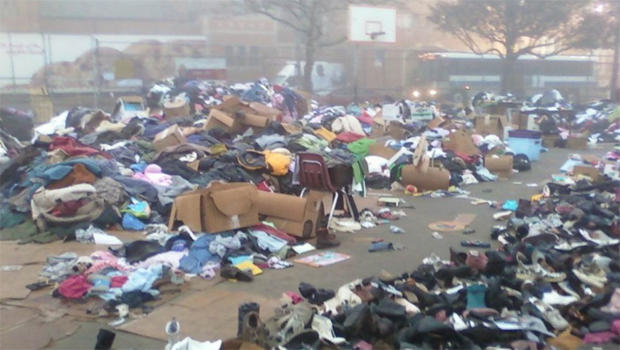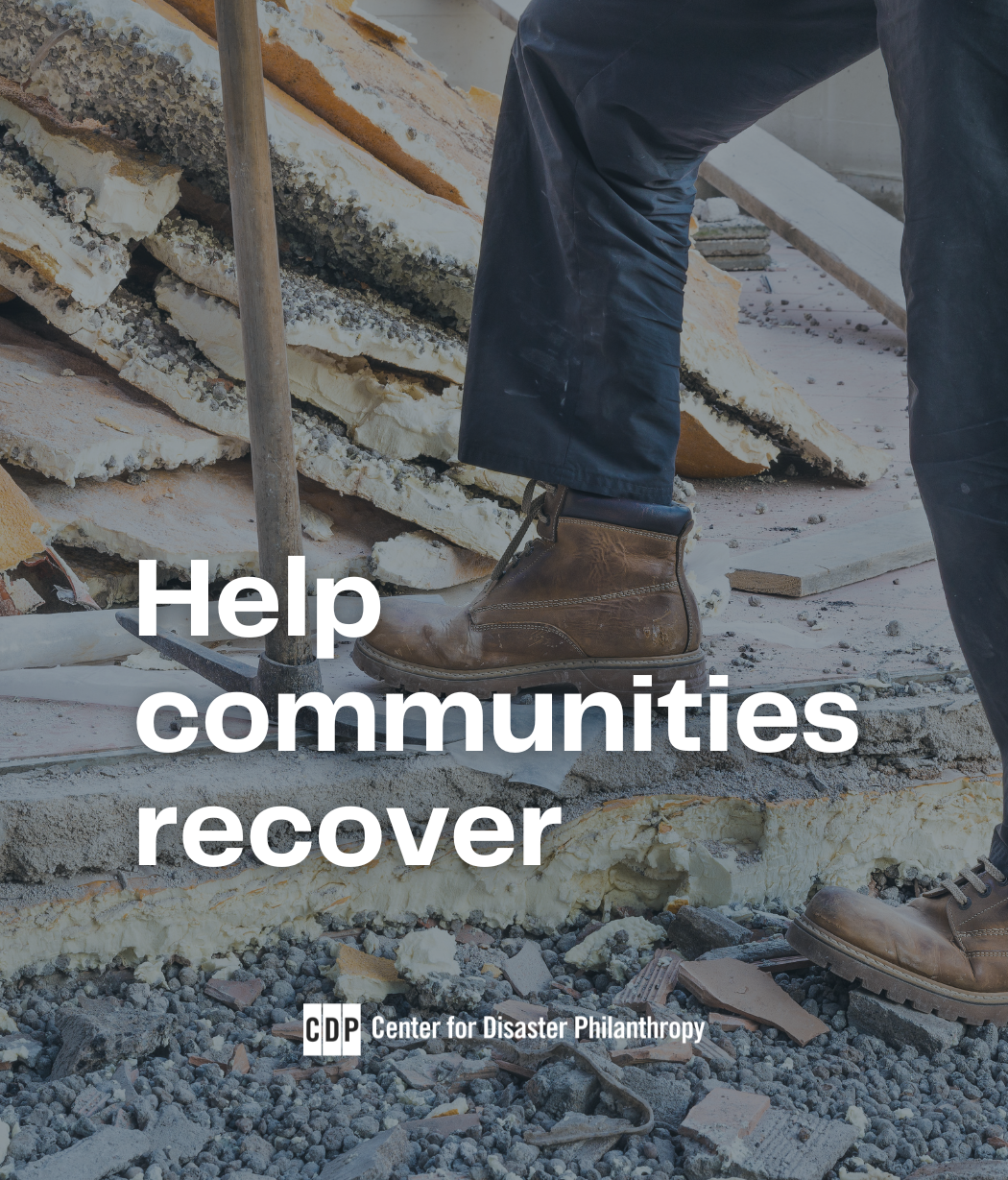When In-Kind Donations Are Not Kind
There is one subject that I have lost my patience on work-wise—the donation of in-kind goods, aka “stuff.” Unsolicited in-kind donations are frowned upon. They become what the NGO community calls the second disaster. Imagine tons and tons of unsorted, unsolicited, and inappropriate donations—think winter coats in Hawaii—and a shortage of staff who should be […]

There is one subject that I have lost my patience on work-wise—the donation of in-kind goods, aka “stuff.”
Unsolicited in-kind donations are frowned upon. They become what the NGO community calls the second disaster.
Imagine tons and tons of unsorted, unsolicited, and inappropriate donations—think winter coats in Hawaii—and a shortage of staff who should be focused on relief, not triaging stuff. And with the astronomical cost of transporting goods, it is even more critical that only needed, requested goods get shipped.

My dear friend and sister in the fight against unsolicited donations, Juanita Rilling offers incredible wisdom on this CBS News interview, “When Disaster Relief Brings Anything But Relief.”
FEMA discourages donating goods and states, “Confirm what is needed BEFORE taking action!” The National VOAD also discourages in-kind donations and provides guidelines on better ways to help. The Center for International Disaster Information discourages donations but they do offer 55 ways to repurpose a material donation!
Let me be clear, I have not been able to find ONE SOURCE, one site, or one expert that says sending diapers, water, clothing, anything unsolicited is a good idea (and don’t get me started on breast milk substitutes…).
I will end with two points. First, if your goods are solicited, then a hearty thanks to you for being a part of the solution! Second, channel your generosity via your wallet. Take all of your used goods and donate them to your local Goodwill or local Salvation. And then, make a cash gift to an organization supporting the disaster recovery process.

